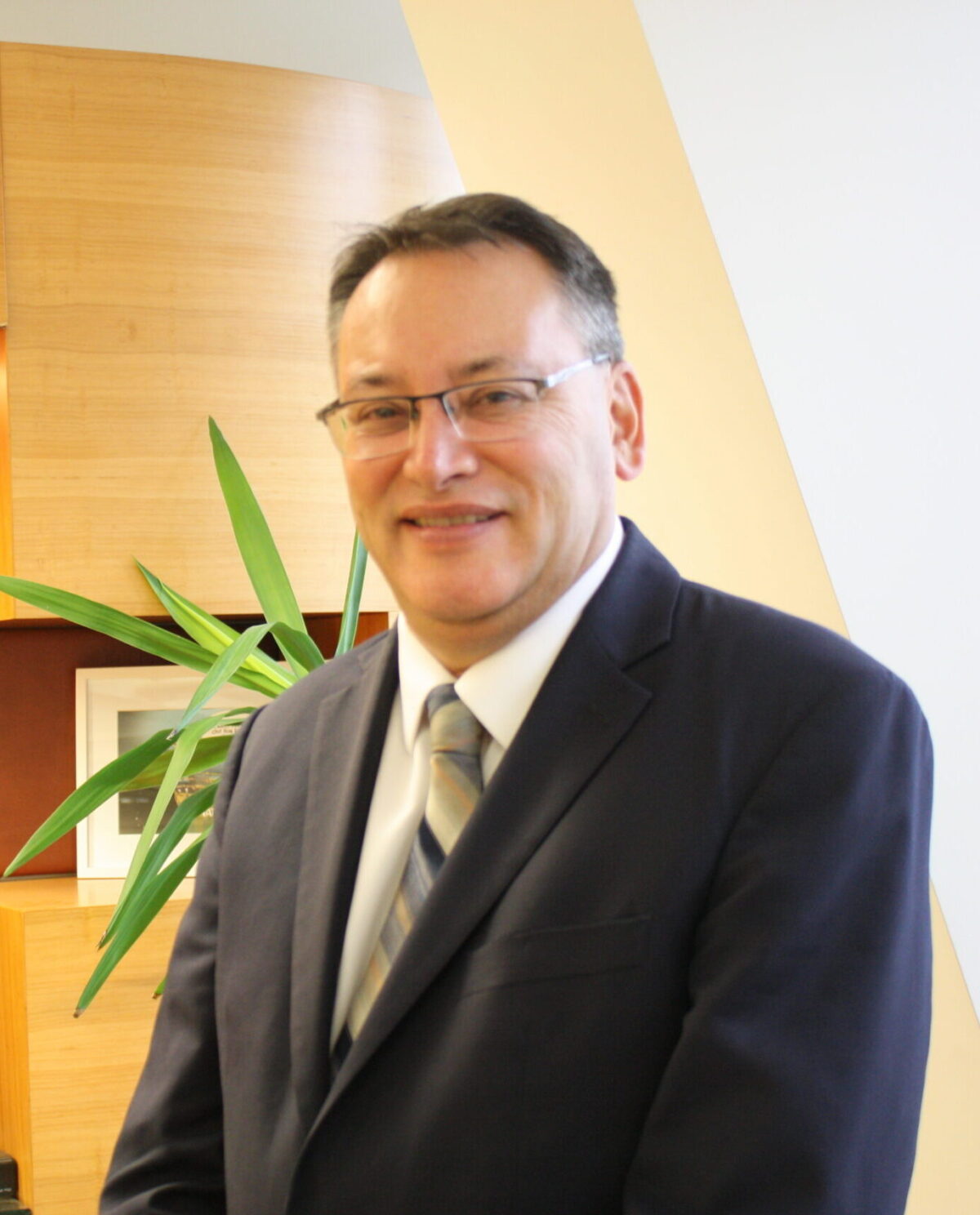In a recent NZNO survey nursing students identified financial pressure as the number one issue causing them to drop out. Overall, nearly a third drop out — with higher rates for Māori and Pasifika, who are under-represented in nursing.
Reti told Kaitiaki Nursing New Zealand this week he wouldn’t rule out some kind of stipend or payment for nursing students on clinical placements in their third year — but it would have to include other clinical students on placements such as doctors and psychologists.
‘At the end of the day, my end goal is to have New Zealand, homegrown, domestically culturally competent nurses.’
“It’s not off the table, but I don’t have it as an active workstream — so I’m not a closed mind to it,” Reti said.
“If we consider that, then we consider every other student in a clinical placement — it needs to be in that much broader context.”
While he had not seen any recent costings, Reti said, for that reason, any such policy would be “very expensive”.
His preferred solution has been a student loan write-off of $4500 per year for up to five years ($22,500) for nurse and midwife students who complete their training and stay in New Zealand. This had been costed at just under $230 million over four years to be funded by cutting government consultant costs — but Reti did not yet know when this would be implemented.
“It’s still to be decided . . . [but] is unlikely to be this year.”

Reti said he and Minister for Tertiary Education Penny Simmonds, who together developed the policy, needed to see the impact of tertiary fees-free shifting from first to final year, before rolling out any new initiatives.
And when it came to deciding any new spending, Reti said there were “surprise fiscal cliffs” the Government had to consider. For example, the need to fund Pharmac another $200 million per year to maintain its pharmaceutical budget for things like COVID vaccines and anti-virals, due to run out in July.
“This year in particular, is the [fiscal] surprises, which I guess every new incoming government gets — you lift up the hood and . . . ‘oh, we didn’t know that’.”
The loan write-off/bonding idea was criticised when it was announced last year by students who said they needed help during — not after — training.
But Reti insisted it was intended to retain students, who could borrow enough to complete their studies, knowing a big chunk could be written off if they graduated and stayed in the country.
‘ . . . my observation over nearly 30 years of clinical practice is that if you treat people in a culturally competent context, you get a better outcome — no matter what their culture is’.
“It was actually about student retention with the knowledge of ‘we’ll then address your student loan pending bonding on graduation’.”
A workforce that ‘looks like us’
Addressing health workforce shortages — estimated at around 4000 for nurses — was the “number one” priority, said Reti, who wanted to see more New Zealand-trained nurses in the face of a “huge” number of internationally-qualified nurses (IQNs) — 45 per cent of the New Zealand nurse workforce at last count.
“Don’t get me wrong, I’m grateful to IQNs as we wouldn’t cope without them, as with other systems. But at the end of the day, my end goal is to have New Zealand, homegrown, domestically culturally competent nurses,” said Reti.
“I think it [cultural competency] should be through all stages, both of teaching and when you graduate. There’s responsibility for the colleges,” said Reti, a GP who previously worked in Northland. “I have a certain number of cultural competency components I must do to maintain my APC [annual practising certificate] but then I think it should be at a department level, it should be at an organisational level.
‘So it’s an ambition that nurses are valued wherever they are, in any part of the health workforce. I do support pay equity and pay parity.’
“So I’m a big fan of cultural competency.”
The health workforce also needs to “look like those they serve,” said Reti, who is Māori (Ngātiwai, Ngāti Maniapoto, Ngāpuhi-nui-tonu). For Māori, comprising about 17 per cent of the population, that meant more than the current level of Māori nurses — about nine per cent — was needed. But he also wanted to see migrant communities represented in New Zealand’s health workforce.
“. . . my observation over nearly 30 years of clinical practice is that if you treat people in a culturally competent context, you get a better outcome – no matter what their culture is. That’s not epiphanous – so I have ambitions for our health workforce to look like us.”
Reti offered few specifics on how to get there, but said a better understanding was needed of how to make the nursing profession more attractive. “We need to understand what is it that creates a hurdle for them to even start. Then, as they make their way through, what are the hurdles?”
He acknowledged that the biggest barrier was financial.
Paying all nurses the same
Reti also said he supported pay parity — nurses being paid the same no matter where they worked — but getting there was “a challenge”.
“I agree with pay parity. The challenge there is severalfold. We get close and then one part of the workforce advances, and another hinders. And of course there’s a fiscal component to all of that, clearly,” he said.
‘The first priority is health need — and then, surprise surprise, Māori have the highest need. Done, easy.’
“So it’s an ambition that nurses are valued wherever they are, in any part of the health workforce. I do support pay equity and pay parity. But like it’s been for previous governments, it’s been a challenge for them and it’ll be a challenge for me also, as to how we do that. But I do support those ambitions.”
Equitable health-care for Māori?
Reti believed a needs-based approach to health care, rather than ethnicity-based, would still address inequities for Māori who endure shorter lives and higher disease and death rates.
“The first priority is health need — and then, surprise surprise, Māori have the highest need. Done, easy.”
Considering anything else was a “slippery slope”, Reti said. “The next day we’ll distribute resources based on your value to society. Are you a previous mayor? You deserve to get your hip done first . . . that just does not work.”
Reti was “fully committed to delivering health care as close to home and close to the hapū as possible.
“To do that, we’ll be needing depth and breadth in our health workforce, and I certain value all our nurses and kaiāwhina as part of that, for what they bring.”
NZNO’s core strategy Maranga Mai outlines the need for equal access to health care for Māori, 4000 more nurses particularly Māori and Pasifika, affordable training, attractive pay and safer conditions for the nursing workforce.
Reti invited NZNO leaders kaiwhakahaere Kerri Nuku and president Anne Daniels to meet him the same day he was sworn in last year and has pledged ongoing catchups.
Shane Reti is the second Māori minister of health — the first was a century ago, Sir Māui Wiremu Pita Naera Pōmare, who was minister from 1923 to 1926.




